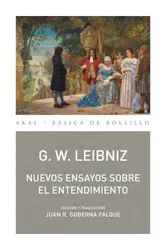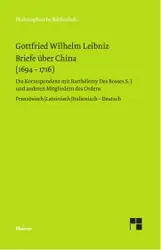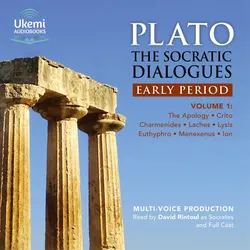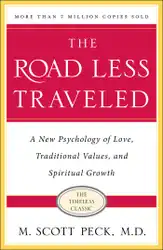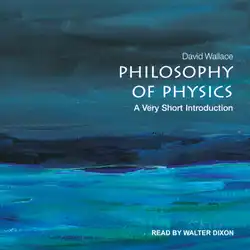This Leibniz collection contains some of the philosopher’s most important works and ideas, spans three decades and illuminates the fascinating intellectual journey undertaken by him in his quest for truth.
A prodigious polymath, Leibniz was a mathematician, philosopher, physicist and statesman and engaged with a sweeping range of ideas and disciplines, striving throughout his life to be at the cutting edge of scientific thinking. These Principal Essays are arranged in chronological order.
‘Thoughts on Knowledge, Truth and Ideas’ (1684) was Leibniz’s first published paper on philosophical issues. In it he defined his concept of knowledge for the first time. In so doing, he criticised Descartes’ version of ontological truth and was undoubtedly prompted to do so by the appearance of Arnauld’s attack on Malebranche’s theory of knowledge in the ‘des vraies et des fausses idées’. He contrasts a priori and a posteriori reasoning, considers the nature and role of logic in reasoning and offers a clear overview of his epistemology.
The preoccupation with being able to distinguish between truth and falsity was nothing new in the 17th century and yet is something that remains as relevant and essential today as when it was written. The ‘Discourse on Metaphysics’ (1684) is the first explicit exposition of the nature of Leibnizian reasoning with its two principal pillars: sufficient reason and contradiction being shored up by the principle of the best, the principle of continuity, the predicate-in-notion principle and the principle of the identity of indescernibles. From these principles he would derive his notion that a perfect God created ‘the best of all possible worlds.’
In ‘A New System’ (1695) Leibniz presents a five step argument for pre-established harmony wherein he rigorously opposes Cartesian dualistic views of the mind body relationship and rejects materialistic conceptions of mind. He outlines his Dynamic Theory of Motion and argues that the subject of perception and consciousness must be a single indivisible ‘I’ and postulates a divinely pre-established unifying harmony between body and soul.
‘In a New System’ also contains his reply to Foucher’s objections to his ideas and the second explanation of the system of the communication between substances. In ‘Reflections on Locke’s Essay on Human Understanding’ (1696) Leibniz suggests that the doctrine of innateness, if properly understood, is not only reasonable but indispensable in accounting for human knowledge.
‘On the Ultimate Origin of Things’ was written in 1697. In it Leibniz asserts the truth of the cosmological argument for the existence of God. He bases this truth on the principle of sufficient reason, one of the bedrock principles of his philosophy and postulates a process of endless progress to ever greater perfection in existence. ‘On Nature In Itself, or the Force Residing in Created Things’ (1698) explained the internal workings of nature within the framework of Leibniz’s theory of dynamics, identifying nature as the handiwork of God.
‘The Monadology’, written in 1714, just two years before his death, is a classic of natural philosophy and is a strikingly concise, cogent and condensed summary of Leibniz’s world view. In just 6,000 words, comprising ninety sections, he defines and defends the key elements of his philosophy. The term monad, suggested by the title, derives from monas, a Greek word meaning unity or oneness. Monads are simple substances, soul-like individual unities, emanations of God that make up the universe and each monad contains within it a complete representation of the whole universe, past, present and future.
Finally, ‘The Principles of Nature and of Grace’ was written in Vienna in 1714 for Prince Eugene of Savoy as an introduction to Leibniz’s philosophy of nature and his metaphysics. It is an essentially popular version of his thinking and is distinguished on account of its extreme positivity and optimistic outlook.
Translations by George Martin Duncan, George R. Montgomery and Robert Latta.










